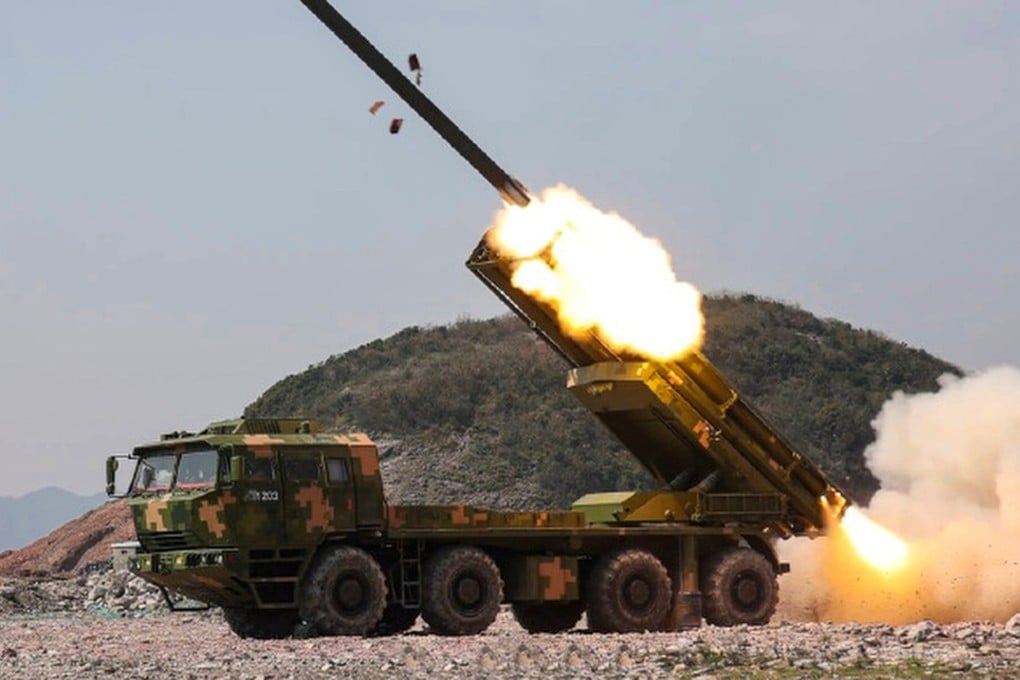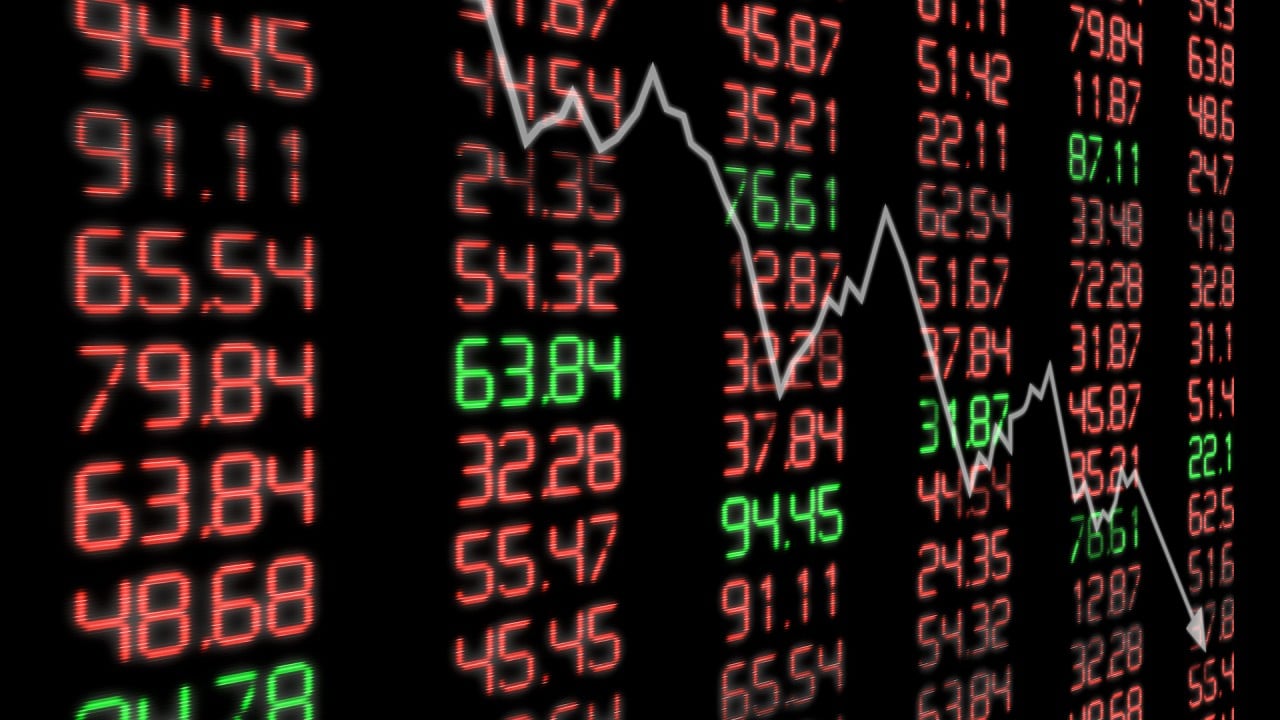Chinese defence stocks in play as Trump’s tariffs erase DeepSeek-fuelled gains
Military industry is providing stability against the backdrop of turbulence in global markets, Industrial Securities analyst Shi Kang says

Investors are taking cover in Chinese military stocks amid heightened tension between Beijing and Washington in the wake of the tit-for-tat trade war, as gains spurred by the DeepSeek trade have almost fizzled out.
Defence-equipment companies trading in Hong Kong and on the mainland are the latest hedge against the turbulence triggered by US President Donald Trump’s so-called reciprocal tariffs. Among them, CSSC Offshore & Marine Engineering surged 16 per cent to HK$9.56 in Hong Kong on Wednesday, extending an 8.3 per cent surge a day earlier, while AviChina Industry & Technology gained 8 per cent to HK$3.37. In Shenzhen, China Harzone Industry jumped 20 per cent to 8.28 yuan and Xian Triangle Defense advanced 11 per cent to 23.90 yuan.
The resilience is in contrast to broader market volatility as the world’s two largest economies show no signs of backing down from the latest tariff showdown. The Hang Seng Index briefly entered a bear market on Wednesday after a 20 per cent decline from a March high, reversing the gains in Chinese tech stocks sparked by the emergence of DeepSeek.
“The military industry is providing stability against the backdrop of turbulence in global markets,” said Shi Kang, an analyst at Industrial Securities. “As global trade and the geopolitical landscape worsen, demand for weapons procurement will rise significantly.”
Defence stocks tend to historically outperform in times of turmoil, as seen during the US-China trade war during Trump’s first term in 2018 and the Covid-19 pandemic in 2020, according to the brokerage.
